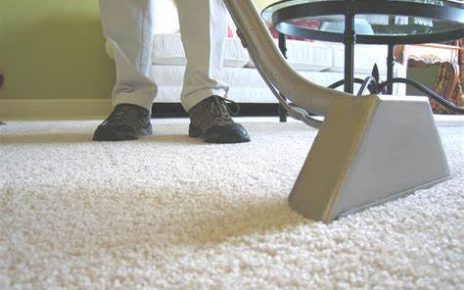With increased public awareness about traditional pest control techniques, many farmers and residents are looking for safer, more environmentally friendly alternatives. Is it true that organic pest control methods are effective? Organic pest management approaches can be more successful than regular pesticides in several circumstances. Reliable and professional firms, in fact, use natural methods to control stubborn insects like bed bugs, such as intense changes in temperature. Here are some organic pest control solutions you can use in your flower and vegetable garden at home.

Organic gardeners have difficulties that traditional gardeners do not, particularly as it relates to bugs. Some may be satisfied with a hazardous spritz from their plastic container or a poisonous toss of their particles, but you refuse. There’s no chance! You are not going to endanger your perfectly healthy garden by adding potential threats. When it comes to organic approaches, you have to be wiser than the bugs and faster than the monsters. It’s up upon you to be alert and focused. To put it another way, to be a qualified and well – trained gardener, you must master the art of pest control. We’re discussing about dispatch 101. Really shouldn’t worry, you sensitive souls: killing isn’t a must. You’re fine to do it as long as you move the bothersome intruders out of your garden so they don’t eat your plants and crops.
Numerous people wince when they hear the word term “chemical” when it comes to insecticides, yet plants, too, contain compounds called phytochemicals. Organic substances, such as water and oxygen, are unquestionably necessary for plant growth. Inorganic controls are those generated from compounds obtained in gardening, whereas organic controls are those obtained from a natural plant origin. Gardeners must be careful not to interpret “safe” into the phrase “organic pest control,” because any pesticide, natural or chemical, can be detrimental to plants, humans, animals, and the ecosystem if used incorrectly. Organic insecticides, on the whole, have a low to no permanent footprint, which is why organic gardeners love them.
Animals will not eat your plants if you create a barrier between them and your garden. A fence, however, is not always the best option, particularly if you do have an aesthetic garden. To keep pests away from your garden, sprinkle bloodmeal throughout. Bloodmeal is produced from dried blood, and many organisms link the scent of blood with a killer. It will make animals think twice about entering the garden if it is used. You can also sprinkle the plants with a pungent garlic and salt mixture that the animals will find unpleasant if they try it. Animal repellents such as fox or coyote urine are also used by some people. You can buy this in bottles and spray it in your garden.

Bugs, beetles, and other leaf-eating pests can all be controlled with neem oil. Neem oil is rich in natural radicals. When it’s sprinkled on pests or sprayed to plants, it makes them less interested in egg laying. They’ll consume less and develop slower as well. Immediately apply neem oil as soon as adult insects appear for best effects. Continue to apply every seven to ten days for the duration of the growing season. Although egg-laying will be decreased, you will still have to carefully select adult insects and eggs on a regular basis to keep them in check and limit damage.




